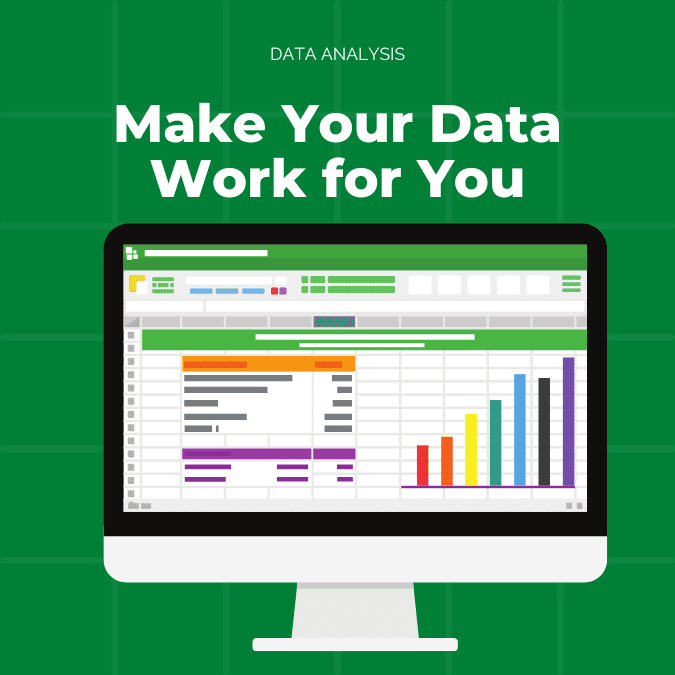Introduction
Businesses utilize data science to enhance their operations and improve their overall performance. At its core, data science is a powerful tool that helps businesses achieve their goals while boosting efficiency across various departments. By analyzing large data sets, organizations can uncover optimal solutions to complex problems, gaining a clearer understanding of the various challenges they face in their daily operations. This understanding is crucial, as it allows businesses to make informed decisions that can lead to better outcomes. Furthermore, data science plays a vital role in making predictions, which can be essential in preventing injuries or even fatalities, depending on the specific industry involved. For instance, accurate predictions can significantly save lives and reduce risks in healthcare, transportation, and manufacturing sectors.
Examples of how data science is used
Uber
One prominent example of data science in action is Uber, a leading ride-sharing company that employs advanced data science techniques to develop efficient routes for its drivers. By analyzing various factors such as traffic patterns, weather conditions, and historical ride data, Uber ensures drivers are directed to the right locations at the right times. This helps reduce wait times for passengers and optimizes fuel consumption for drivers, leading to cost savings. Additionally, Uber’s strategic use of data science allows the company to maintain competitive pricing, which is crucial in a market filled with numerous competitors. This combination of efficiency and affordability enhances the driver experience and gives Uber a significant edge over its competitors in the ride-sharing market. The ability to adapt quickly to changing conditions through data analysis sets Uber apart and keeps it at the forefront of the industry.
Healthcare
Data science is extensively applied in healthcare to analyze various disease factors, including genetic markers, existing health conditions, and environmental influences. This comprehensive analysis enables healthcare professionals to recommend appropriate tests, identify suitable diagnostic procedures, and suggest effective treatment plans tailored to individual patients. For example, by examining a patient’s genetic information and medical history, doctors can predict how they might respond to certain medications, leading to more personalized and effective treatment options. By leveraging data science, healthcare providers can improve patient outcomes and streamline their services, ultimately leading to a more efficient healthcare system. This benefits patients and helps healthcare organizations reduce costs and allocate resources more effectively.
Retail
Another area where data science is making a significant impact is in retail. Retailers use data science to analyze customer behavior, preferences, and purchasing patterns. By collecting data from various sources, such as online transactions, in-store purchases, and customer feedback, retailers can gain valuable insights into what products are popular and what marketing strategies are most effective. For instance, a clothing retailer might analyze sales data to determine which styles are trending among different demographics. This information lets them stock the right items at the right times, reducing excess inventory and increasing sales. Additionally, data science helps retailers personalize the shopping experience for customers. Retailers can enhance customer satisfaction and loyalty by using algorithms to recommend products based on past purchases.
Finance
In the financial sector, data science is used to detect fraudulent activities and assess risks. Financial institutions analyze transaction data to identify unusual patterns that may indicate fraud. For example, if a customer suddenly makes a large purchase in a different country, the bank’s data science algorithms can flag this transaction for further investigation. This proactive approach helps protect customers and the institution from potential losses. Moreover, banks are enabled to assess credit risk more accurately. By analyzing various factors, including credit history, income, and spending habits, banks can make informed lending decisions, ensuring that they lend to individuals likely to repay their loans.
To explore more insightful blog posts and deepen your understanding of digital marketing, you can learn about SEO, discover the features of Divi, or delve into other related topics. These resources can provide you with valuable information on how to effectively utilize data science in your own business practices. For further information, feel free to visit our website’s blog section. If you have any questions or want a FREE analysis of your website, please fill out our contact form now. We are here to assist you! Our team is dedicated to helping you understand how data science can transform your business and improve your decision-making processes.


0 Comments